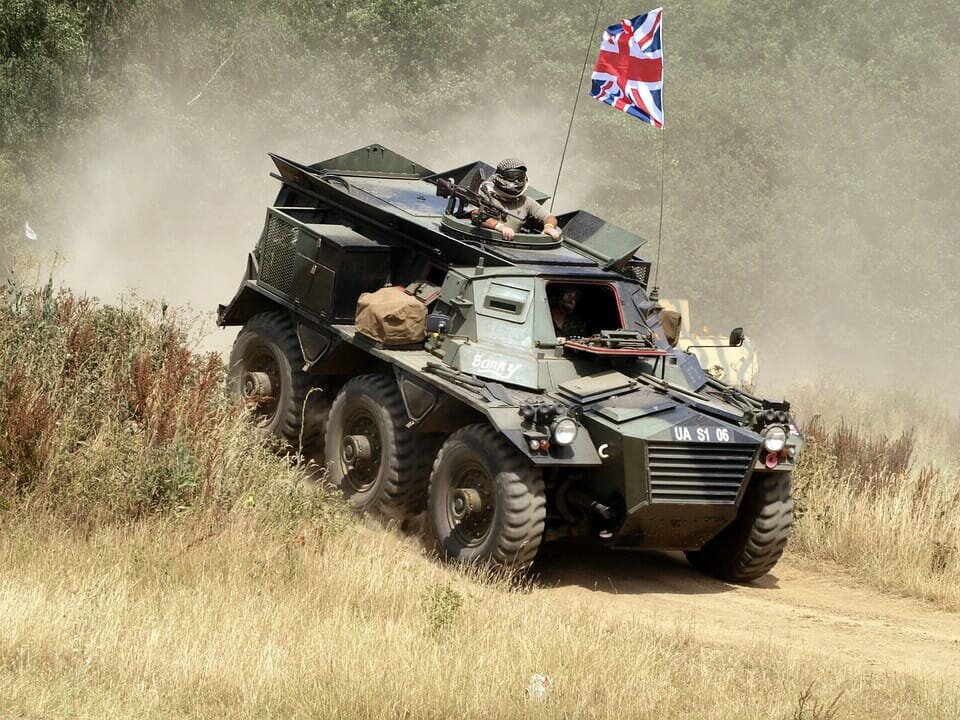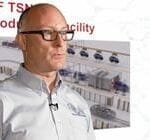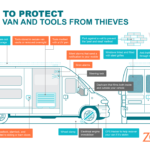~ What military vehicle OEMs can learn from passenger vehicle production ~
In contrast to Henry Ford’s model of standardised car production, the introduction of the modern MINI in 2000 shifted customer demands for customisation in passenger vehicles. However, the need for flexible production isn’t solely confined to consumer cars. Roger Brereton of military steering system manufacturer, Pailton Engineering, investigates how military vehicle manufacturers are using flexible production methods to fulfil requirements for customised vehicles.
Unlike the customisation that has become commonplace in consumer vehicles — customisation for military vehicles is far more functional, and far more important. Properties such as vehicle armouring, wading capabilities, air filters and insulation speed requirements options are just a few examples of factors that could change on a vehicle-by-vehicle basis.
Military vehicles have unique requirements, not only depending on their application, but also the location in which they will be deployed. Because of this, the same vehicle may require small but significant variations in its production.
Let’s say a vehicle OEM is developing a fleet of reconnaissance vehicles for a military force. Some will be deployed in desert environments, whereas others will need to endure sub-zero climates. Both environments elicit very different requirements.
Due to the crucial requirements for smooth steering, any version of this reconnaissance vehicle will require design specification that can cope with both low and high temperatures. By ensuring a quality steering system like this, the vehicle OEM can guarantee the vehicle can perform in both arctic and desert conditions.
By ensuring this specification during the manufacturing, the military does not have to implement major changes if the vehicle is shipped to a new theatre of operation. Smaller changes however, such as the requirement vehicles to be heavily armoured, will add additional steps to the manufacturing process. Other accessory changes include the addition of equipment for wading capabilities for semi-submerged environments, or additional air filtering for vehicles to be used in hot climates.
From a manufacturing perspective, this range of vehicle variables complicates the production line by creating several separate production projects. Just in Time (JIT) production, sometimes referred to as the Toyota Production System (TPS), has long been used in automotive manufacturing for standardised car production, but this methodology is also effective for complicated customisation in larger vehicles.
To meet these complex requirements, military vehicle manufacturers are implementing Just in Sequence (JIS) production, a new and more time effective way of dealing with vehicle customisation.
Essentially, JIS is an effective method of supplying parts to high-mixture but low-volume production models. For example, a small fraction of a vehicle batch requires bevel boxes to be installed with low-temperature lubrication. Additionally, a percentage of that batch of vehicles also need additional armour to be installed. JIS production methods ensure all components, including wheels, additional armour and appropriately lubricated components, are in the assembly station in the correct sequence, matching the order in which the vehicles are arriving.
This method allows production operators to quickly install the correct part onto each vehicle — often synchronising the arrival of each part to the production facility to ensure as little inventory is built up as possible. For industries with many bespoke parts and components, like military vehicle production, this methodology can significantly reduce lead times for new vehicle creation.
Successful JIS production requires careful management from the vehicle OEM, as well as access to the right information from parts suppliers. As a specialist supplier of steering systems and parts for the military vehicle industry, Pailton Engineering understands the importance of delivering this information to its OEM customers, allowing them to produce new vehicles as quickly as possible.
Customisation has always been essential for military vehicle production. However, the industry must take advantage of new methodologies — some of which are being put in place by the passenger vehicle production sector, like JIS production.
For more information on how Pailton Engineering can supply bespoke steering systems for your military vehicle project, contact the team on +44 (0)2476 680445.








